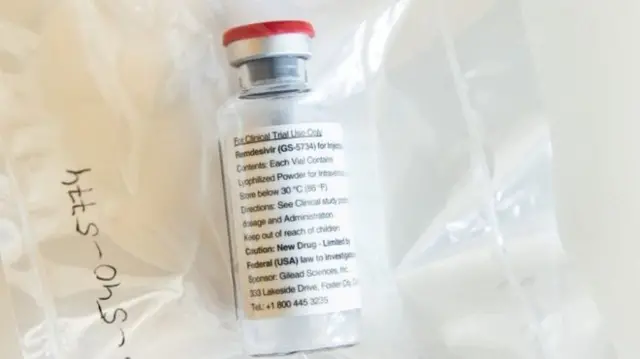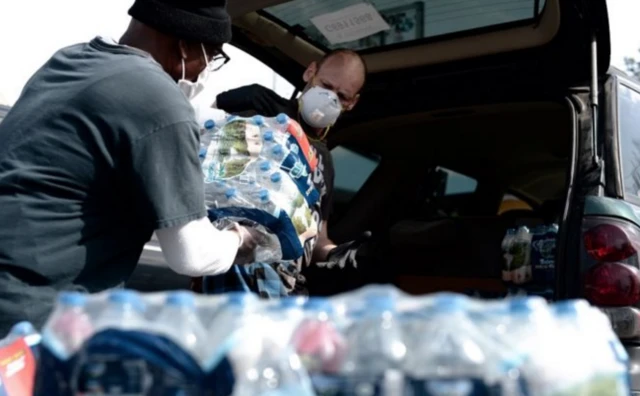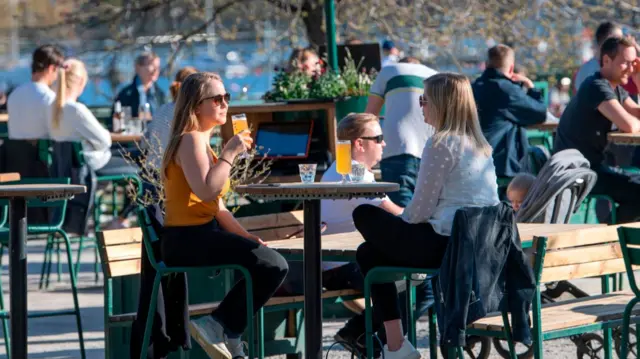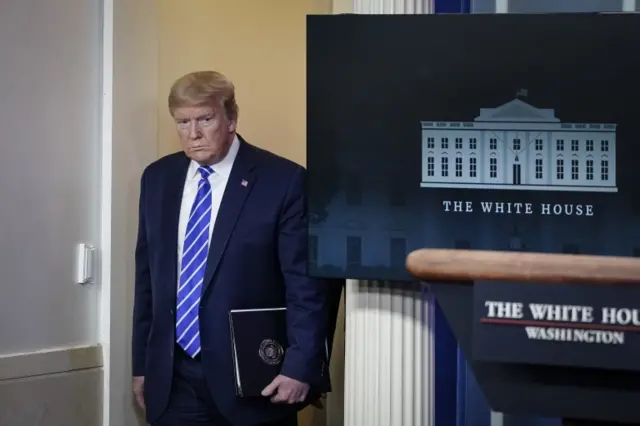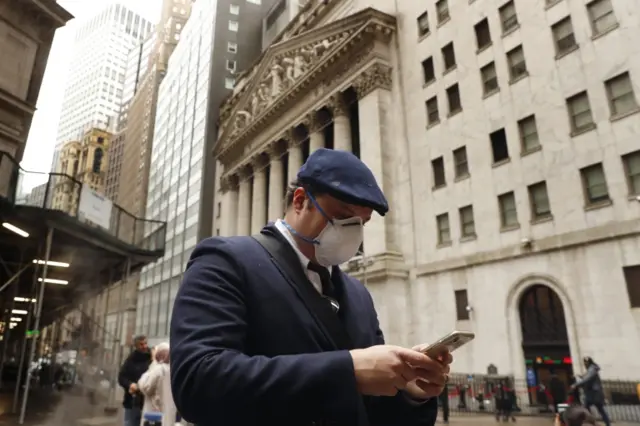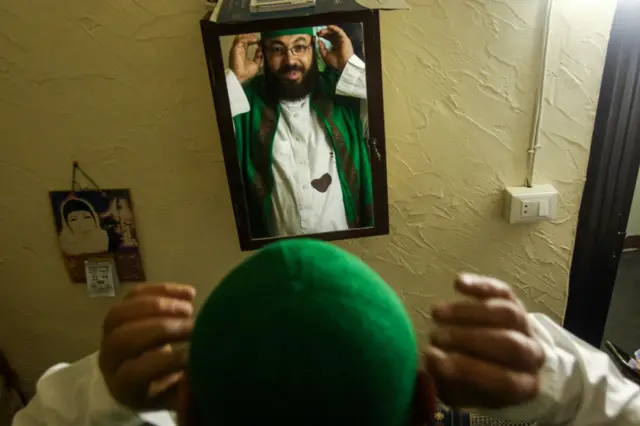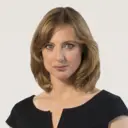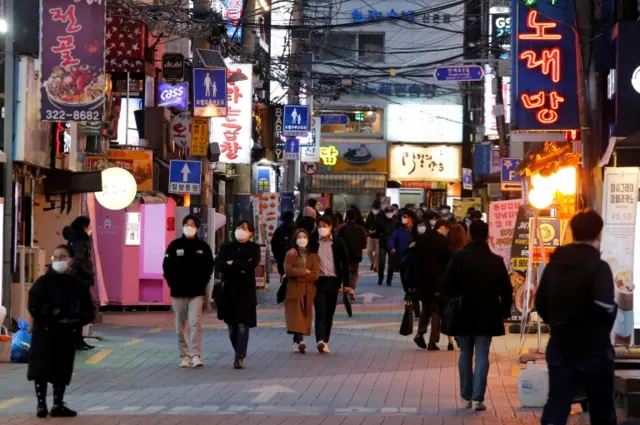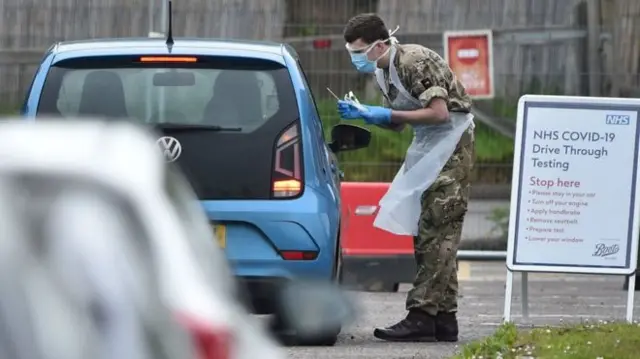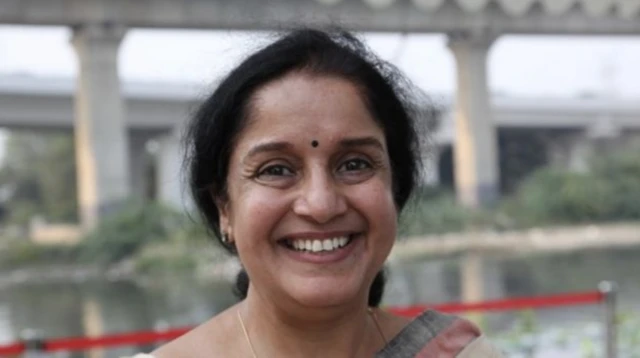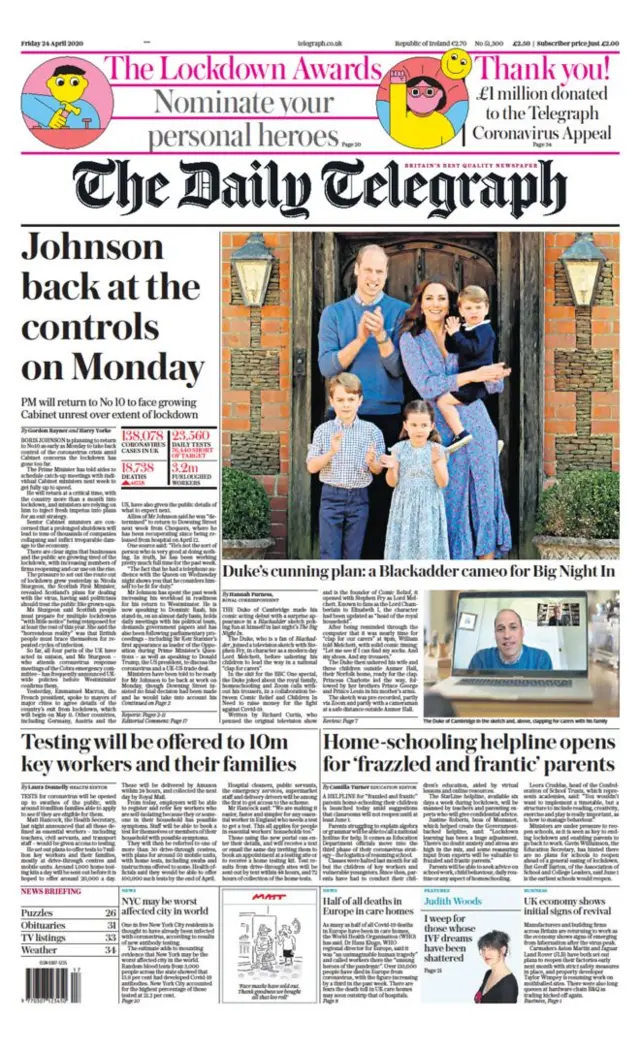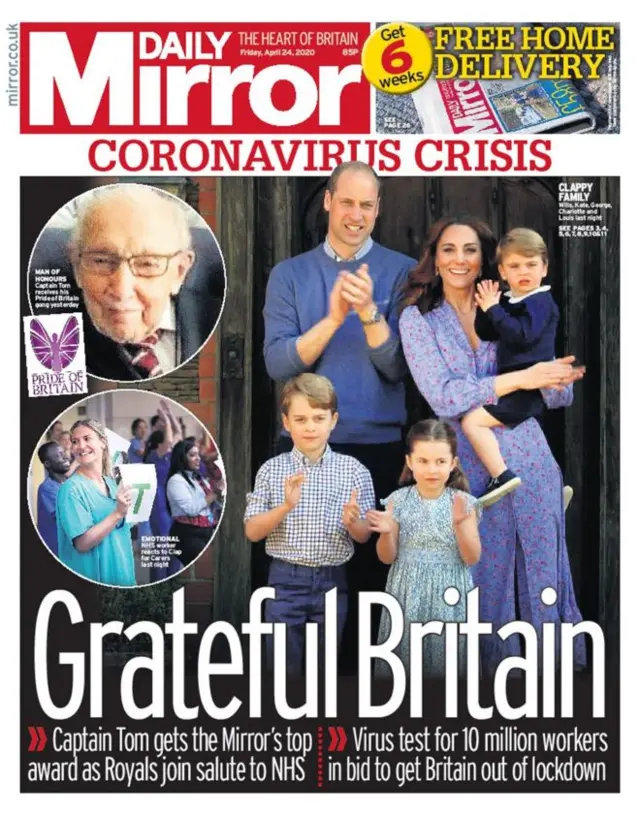Vietnamese children donate masks to the UKpublished at 09:13 BST 24 April 2020
Two children in Vietnam have given 20,000 medical masks to the UK.
Nhan and Khoi, from the capital Hanoi, bought them with "lucky money" they had saved up over a few years.
The British Ambassador to Vietnam, Gareth Ward, wrote a letter to the pair thanking them for their donation. He confirmed the masks had been sent on a commercial flight last week that carried 100 British nationals home.
Allow X content?
This article contains content provided by X. We ask for your permission before anything is loaded, as they may be using cookies and other technologies. You may want to read X’s cookie policy, external and privacy policy, external before accepting. To view this content choose ‘accept and continue’.
